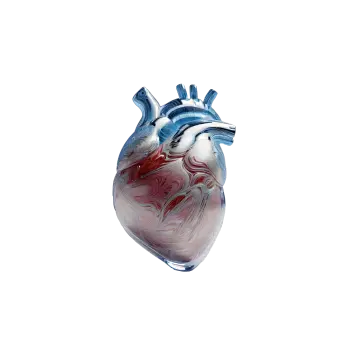Physical activity helps prevent cardiovascular disease
Cardiovascular diseases are one of the leading causes of death globally, but many cases could be prevented through an active lifestyle. Physical activity strengthens the heart and improves blood circulation, which reduces the risk of high blood pressure, high cholesterol levels and atherosclerosis (hardening of the arteries). In addition, exercise helps regulate blood sugar levels and reduce the risk of type 2 diabetes, which in itself is a significant risk factor for cardiovascular disease.
Physical exercise can help control diabetes
For people with diabetes, physical activity is particularly important. Exercise increases the body's insulin sensitivity and helps maintain healthy blood sugar levels. By engaging in regular exercise, diabetics can reduce the need for insulin and oral medications while minimizing the risk of complications such as impaired kidney function and nerve damage.
Prevents certain forms of cancer
Studies have also shown that physical activity can play a decisive role in reducing the risk of certain forms of cancer. Regular exercise can lower the risk of breast cancer, colon cancer and lung cancer. The mechanisms behind this include improved immune function, reduced inflammation and regulation of hormones that affect tumor growth.
Several other positive health effects
In addition to preventing specific diseases, physical activity has a number of other positive health effects.
- It helps maintain a healthy weight by increasing calorie burning and building muscle mass.
- In addition, exercise improves mental health by releasing endorphins, which can reduce stress, anxiety and depression.
- Cognitive functions and memory can also benefit from regular exercise.
How to get started with everyday exercise
You can make several small changes in your everyday life to get more everyday exercise and physical activity, such as:
- Take the stairs instead of the lift, it contributes to increased fitness and better leg muscles which also contribute to better balance.
- Walk more, it's completely free and gives you fresh air at the same time. Incorporate short or longer walks into your daily routine.
- Drop the car! When you take public transport, cycle or walk, you accumulate even more steps and thus everyday exercise than when you take the car.
- Are you going to run an errand or perhaps go with the children to preschool or school where you don't get enough exercise? It is easily adjusted by choosing a route that is slightly longer than the fastest one.



























